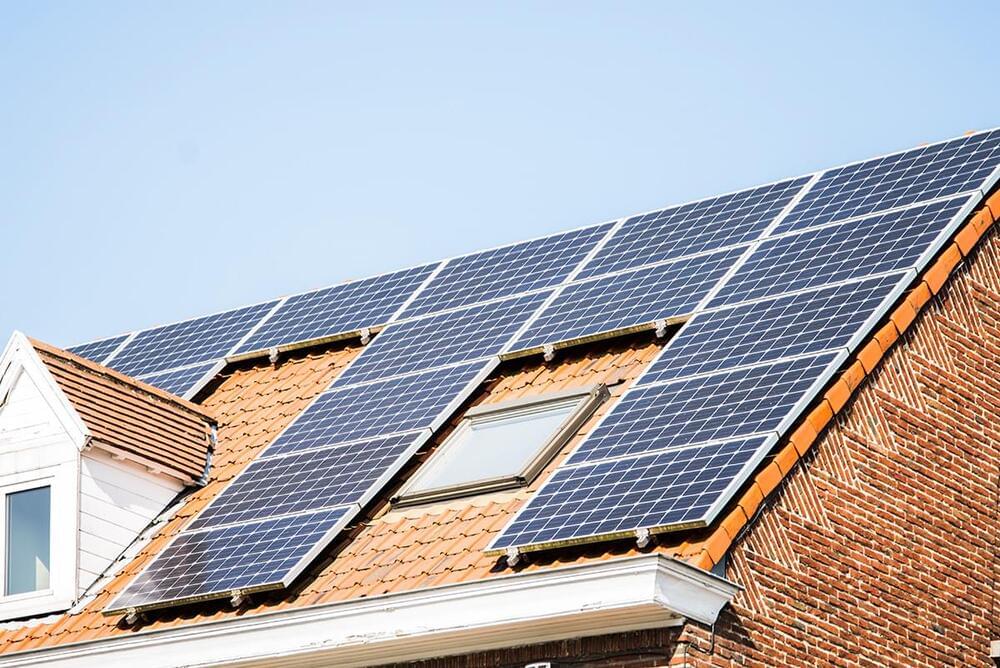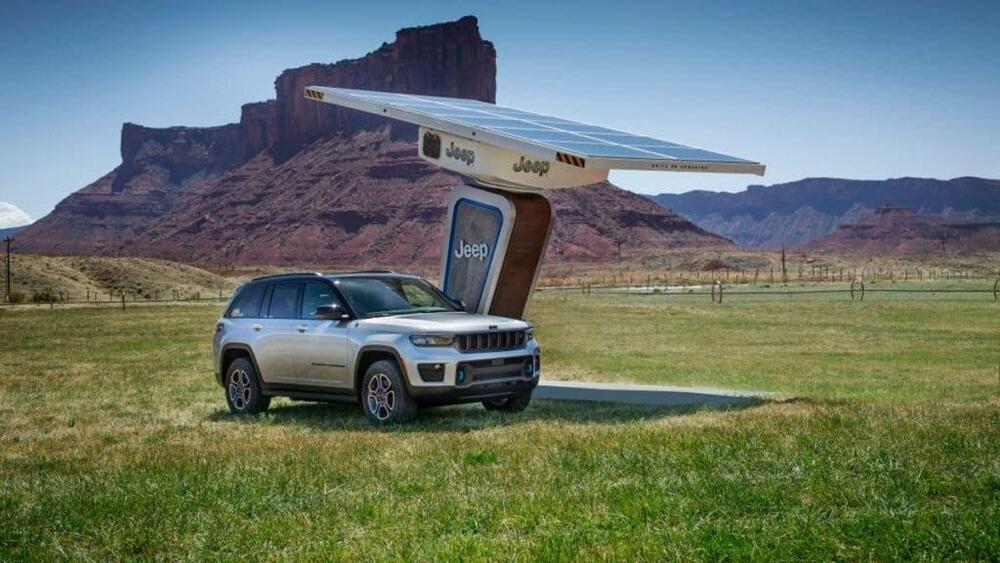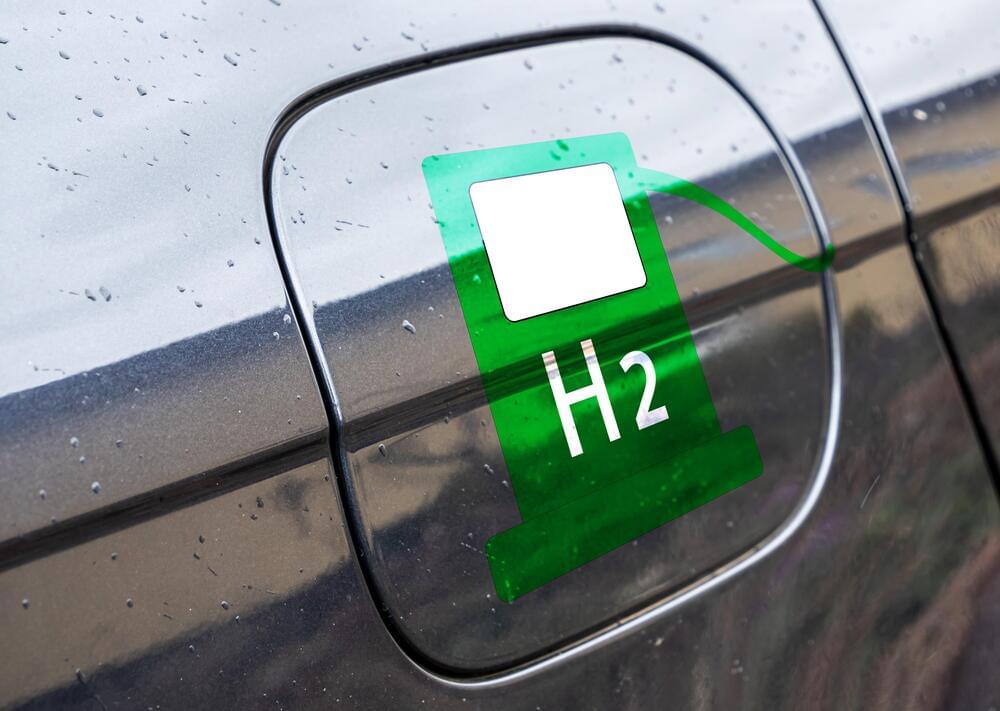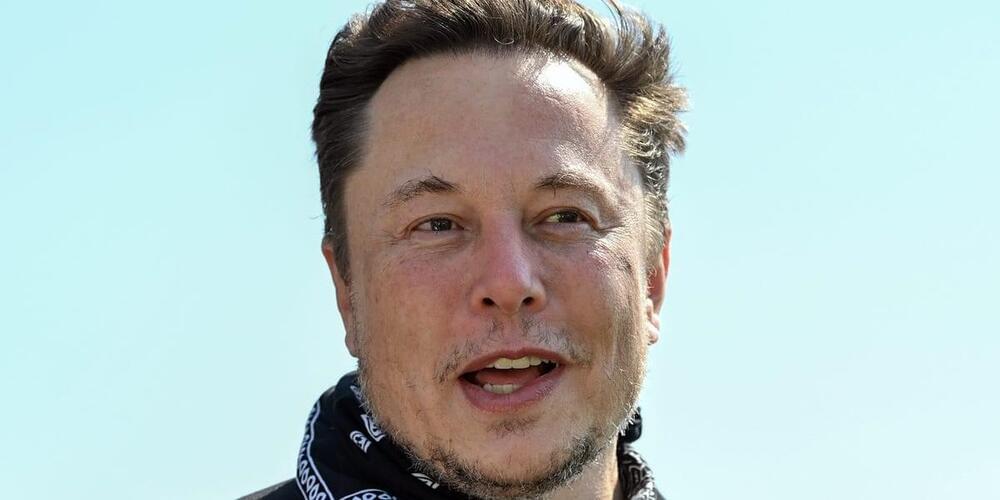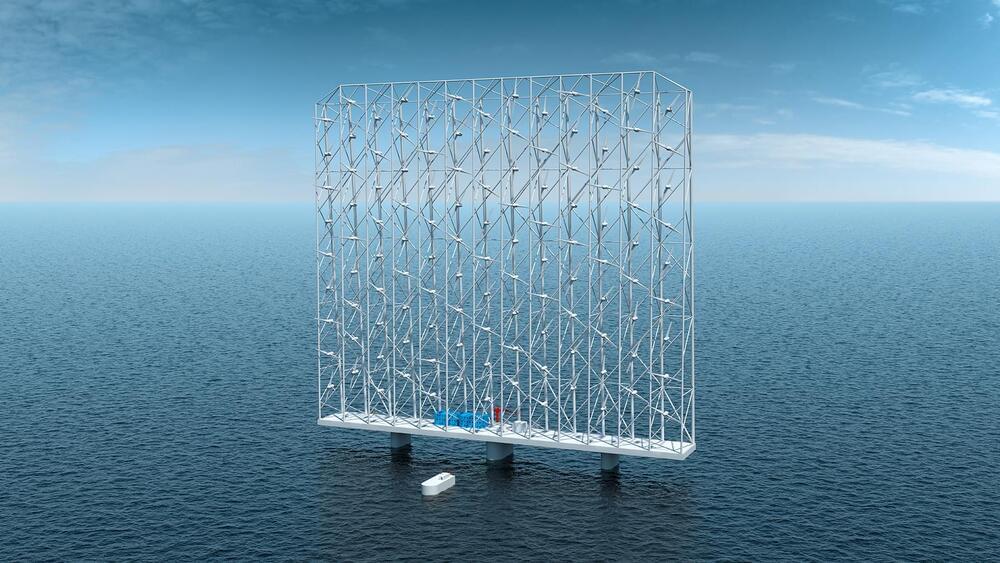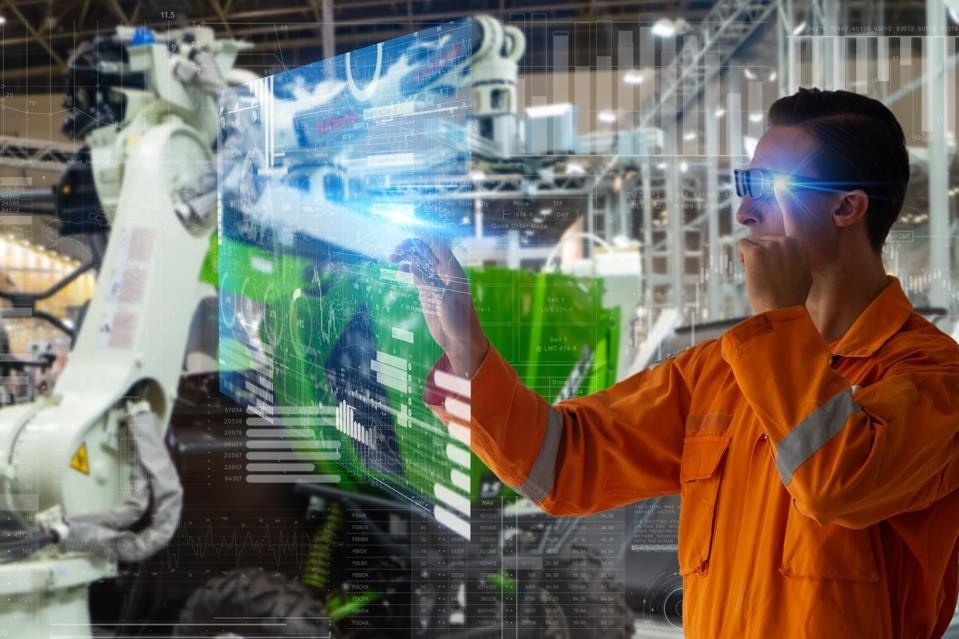While renewable energy sources like wind and solar have become more common across the United States, fossil fuels remain the main source of energy. According to the U.S. Information Administration’s (EIA) International Energy Outlook 2021 (IEO2021), the global supply of fossil fuels and biofuels is expected to adequately meet global demands for liquid fuel through 2050. Renewable energy technologies have improved to become more efficient and less costly, however most renewable energies are unable to provide a constant supply of energy.
This issue inspired Shriya Tailor, a middle school student from Duluth, Georgia, to find a constant renewable energy supply that created energy at all hours of the day and in any weather condition.
She looked to space for this solution, leading her to design a prototype for a “Solar Energy Station.” Shriya says the station, made of solar cells, would need to be around 50 miles away from earth for the energy waves to be transmitted back to earth via electromagnetic fields, then collected by an antenna and converted back to electricity. Consisting of a small solar panel, switching circuit, and transmitting and receiving coils, Shriya’s prototype allowed her to test her process here on earth.

